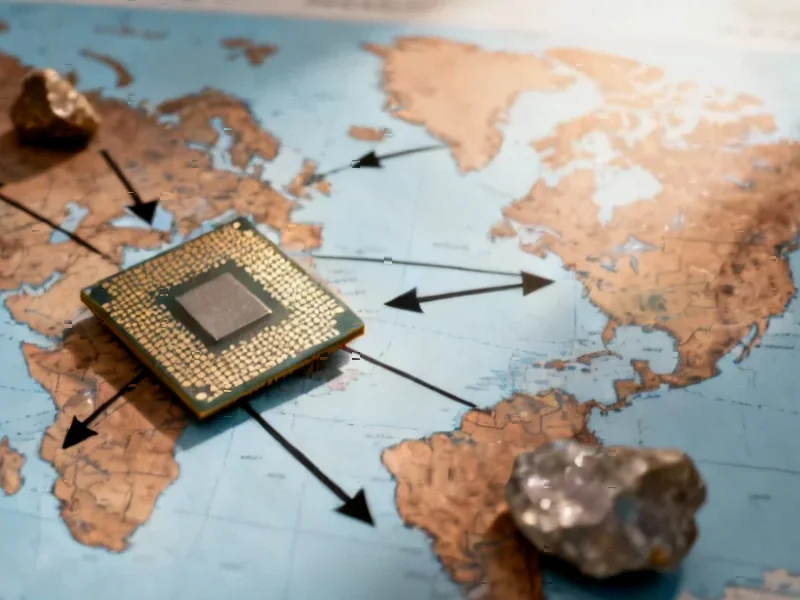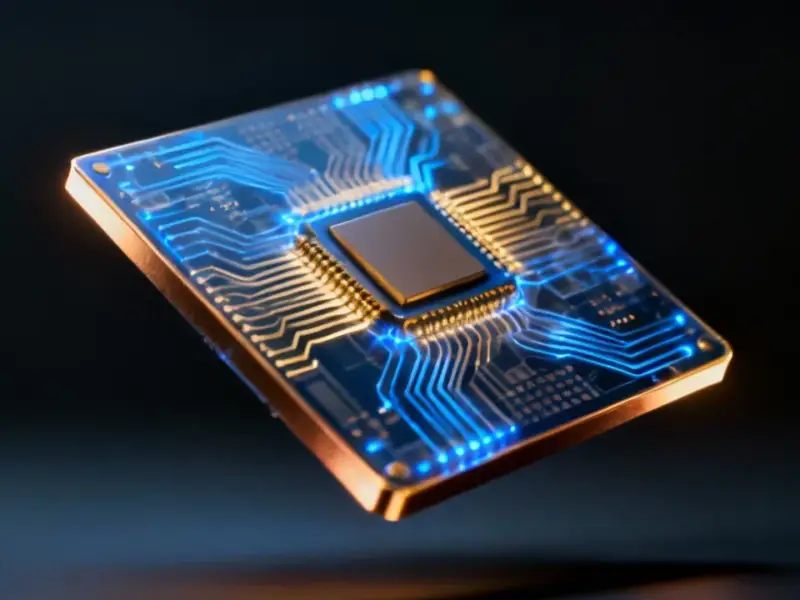According to Manufacturing.net, China’s Commerce Ministry said Tuesday that the Netherlands’ seizure of Chinese-owned chipmaker Nexperia has caused “chaos” in the global semiconductor supply chain. The Dutch government took control of Nexperia on September 30 using its rarely invoked Goods Availability Act, citing national security concerns. In response, China temporarily blocked chip shipments from Nexperia’s plant in Dongguan and the company suspended wafer supplies from its Netherlands headquarters to its Chinese factory. The Netherlands also replaced Nexperia’s Chinese CEO Zhang Xuezheng with interim CEO Stefan Tilger. This comes after the U.S. added Nexperia’s parent company Wingtech Technology to its entity list in late 2024, with the Netherlands following by seizing the $3.6 billion company.
The supply chain ripple effects are real
Here’s the thing about the semiconductor industry – it’s incredibly fragile. When you disrupt one link in the chain, everything downstream gets messy. Nexperia makes chips that automakers like Ford depend on, and we’re talking about an industry that’s still recovering from the massive chip shortages of recent years. Basically, nobody wants to go back to car factories sitting idle because they can’t get enough semiconductors.
And this isn’t just about two companies fighting. The Dutch used a law that’s almost never invoked – the Goods Availability Act – which tells you how serious they consider this national security threat. But China‘s response was immediate and equally dramatic. They blocked exports from Nexperia’s Chinese plant, then allowed them to resume, creating exactly the kind of uncertainty that makes supply chain managers lose sleep.
There’s a bigger geopolitical game happening
Look, this Nexperia situation didn’t happen in a vacuum. The U.S. put Wingtech on its entity list first, then the Netherlands followed. It’s part of the broader tech war between China and Western nations over who controls critical semiconductor technology. The timing is interesting too – this all went down right after Trump met with Xi in South Korea, and suddenly there’s talk of China easing export restrictions as part of a trade truce.
So what’s really going on here? It seems like we’re watching a high-stakes game where semiconductor companies are becoming pawns in larger geopolitical struggles. The Dutch say they’re worried about protecting “crucial technological knowledge” on European soil, while China claims the Netherlands should “bear full responsibility” for supply chain chaos. Meanwhile, automakers are stuck in the middle wondering if they’ll get the chips they need to keep production lines moving.
What comes next for the chip industry?
The EU’s trade commissioner says talks are progressing and they’re working toward “lasting stability,” but that feels optimistic given how quickly this situation escalated. Both sides say they want a “constructive solution,” but national security concerns versus economic interests don’t always align neatly.
I think we’re going to see more of these battles over semiconductor sovereignty. Countries are realizing that controlling chip production isn’t just about economics – it’s about national security and technological independence. The question is, how many more supply chain disruptions will we have to endure before everyone figures out the rules of this new game?




